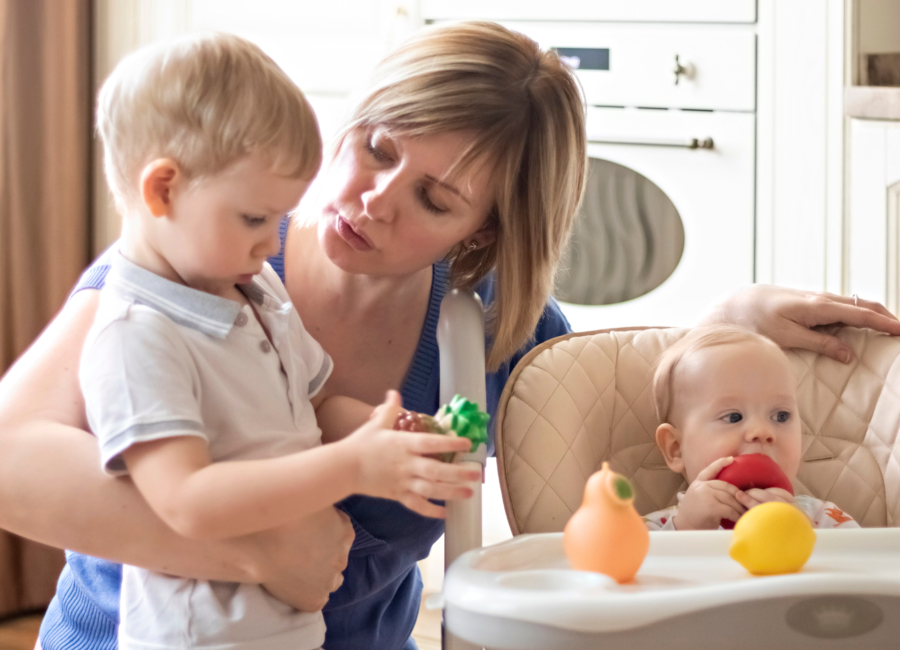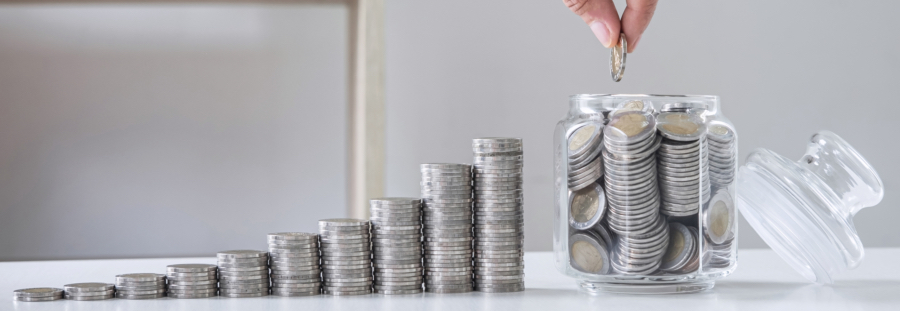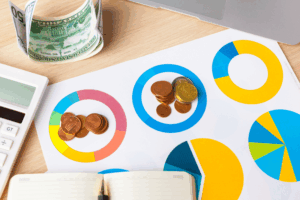From an early age I was given weekly pocket money.
The thrill I felt when I took my money to the little Post Office in the village was wonderful. I promptly spent the entire 10p, usually on sweets. I felt grown-up, making my own choices and handing my money over cheerfully to the cashier.
Fast forward to my mid-teenage years when weekly pocket money was replaced by a generous monthly allowance. My parents had said that this money was to be used however I wanted, and they always tried to encourage me to manage money sensibly – to budget in fact. Here’s the thing; I found this very challenging. Impossible, actually.
Money came into my bank account and went straight back out. I burned through it very quickly on nothing consequential, usually in the first week or so, and spent the next few weeks waiting until the next payment. My younger sister seemed to make money from hers which was very puzzling for me!
Enter Credit Cards
Fast forwards again to my first university experience when store cards and credit cards – new territory – were thrown at me by a variety of banks and shops. I didn’t know what credit cards were really and didn’t understand store cards either, except that they seemingly gave me more freedom and I could buy more stuff! I racked up bills, always making at least minimum payments but, looking back, this was not sensible. I was blind to the concept interest and how much money it was costing me.

My second, and successful, journey through university was less frivolous. Having spent time in my gap year working as a waitress I matured a bit. I continued to work while i studied and though I was still slowly paying off credit card bills, it seemed never-ending. I was lucky enough to get myself a few hours working in the best locals’ pub for the last couple of years which was helpful to my finances. I should also add here that my parents had continued to pay for all my accommodation and a bit more throughout my four-year teaching degree, so I was wealthy in comparison with many other students.
The Habit is Formed
Once I left university to teach my now husband and I rented a maisonette before looking to buying our own house. We lived in particularly generous times and our bank gave us 100% mortgage. The repayments on this per month were less than our rental had been and so we decided to overpay our mortgage knowing this was better in the long-run.
I still felt overwhelmed by my money situation; mortgage, student loan, credit card and store card maxed out. I confessed to my husband what my debts were and he very generously paid off the credit card, for which I was very grateful. The rest of my debt was paid monthly, including the student loan which came straight out of my pay, and over a relatively short period of time I was able to clear the store card. Do you think I learned my lesson yet though?
At this point in time, we both had well-paid jobs, no children and lots of freedom. But I didn’t save anything – it didn’t even cross my mind to. I had a tendency to use my agreed overdraft every month as I no longer had a credit card, and sometimes I didn’t balance check when I withdrew cash from the machines. I knew I couldn’t afford things but by not looking at my balance I was able to deny it was true. I could bury my head in the sand. In came my pay and out it went again. That thrill of spending my money as soon as it was received and then waiting for the next pay packet was a pattern now. A habit. A very bad one.
Financial Guilt
After moving to our second home and having two boys, I took a break from teaching to focus on raising our young family. At this point I became fully financially dependent on my husband.

This made me feel incredibly vulnerable and I felt a huge amount of guilt over the fact that he paid for everything and even more so anytime I asked him for money. This was not a feeling I was comfortable with, and it made me a bit obsessive about ‘his’ money that I was spending. Night out with friends; how could I justify that? A new item of clothing; that wouldn’t be fair.
Having very little in my savings really was disabling for me at that point but STILL I didn’t have the word ‘budget’ in my vocabulary. However, that previous thrill of spending money was now very much gone, replaced by the stress of having none of my own money.
A Change Begins
In 2021 I was lucky enough to start working for Bigmore Associates. This changed my life completely because I had found another job I really enjoyed; a fabulous team as well as a new income which began to ease some of the guilt I had been carrying.
The real change came after attending a financial education seminar by Clare Ridlington, one of Bigmore’s financial advisors. She broke down outgoings into savings/debt spending, needs and wants. Looking at money this way, and with a budget sheet to help, I had an epiphany. Suddenly I could see the hows and whys of spending and saving, and a clear path to managing my earnings. I knew that this could help me create better spending habits and I was totally ready to take the journey.
I began to religiously record ALL my spending as well as my savings in my own tweaked version of the budget sheet. Instead of paying into my savings and then taking it all out again by the end of the month, I found that I was actually saving money! Seeing in black and white my disposable income was exactly I needed; it prevented me from spending beyond my means and encouraged me to save for what I wanted.
The Thrill of the Save
The gratification I got from seeing my savings start to grow, combined with no interest accruing on credit or store cards, was unexpected but was the encouragement I needed to continue this new journey. The thrill of the save was now more exciting than that of the spend!
Presently I go through my budget sheet once or twice a week which helps me to keep on the right track without too much detouring. Using an account with ‘pots’ I deposit specific allowances of money into them as soon my salary is paid. These include rainy day (building up to have one month’s salary put away in this one), holiday funds, car costs, haircuts, Christmas and birthdays amongst others. Putting this money aside means that it is accounted for and then, for example, my next haircut feels ‘free’.
This allowance pot method means that in my main bank account only disposable income is shown so I am fully aware of what I can spend on a day-to-day basis. For anything unplanned I can use my savings and it’s OK, because that’s what they are for.

Looking to the Future
If I could go back and speak to my younger self I would explain how to save and why. I would guide that younger self towards growing a healthier relationship with money early and help her to create good habits through budgeting.
I try not to hang onto regrets about my past financial habits. I could be better off financially had I learned earlier in life to budget, save and avoid debt sooner but I have come through that and developed the positive financial habits that make sure my finances are as good as they can be for the future. I also am very aware that I need to make sure that my children are educated to prevent them from falling into the same habits as I did. Financial education is vital, and the earlier the better. In fact, this is the one of the most important things I can do for my children.
The healthy relationship I now have with money and the increasingly embedded good habits I have created mean that I can still experience the thrill of spend because I have discovered the thrill of the save. And my gosh, it has saved me so much.
Article by Georgia Loveday
Bookkeeper, Bigmore Associates
If you'd like some guidance on turning the thrill of the spend into the thrill of the save, our team is here to help.
 Is Buy-to-Let Property the Answer to Trump’s Trade War?
Previous post
Is Buy-to-Let Property the Answer to Trump’s Trade War?
Previous post




